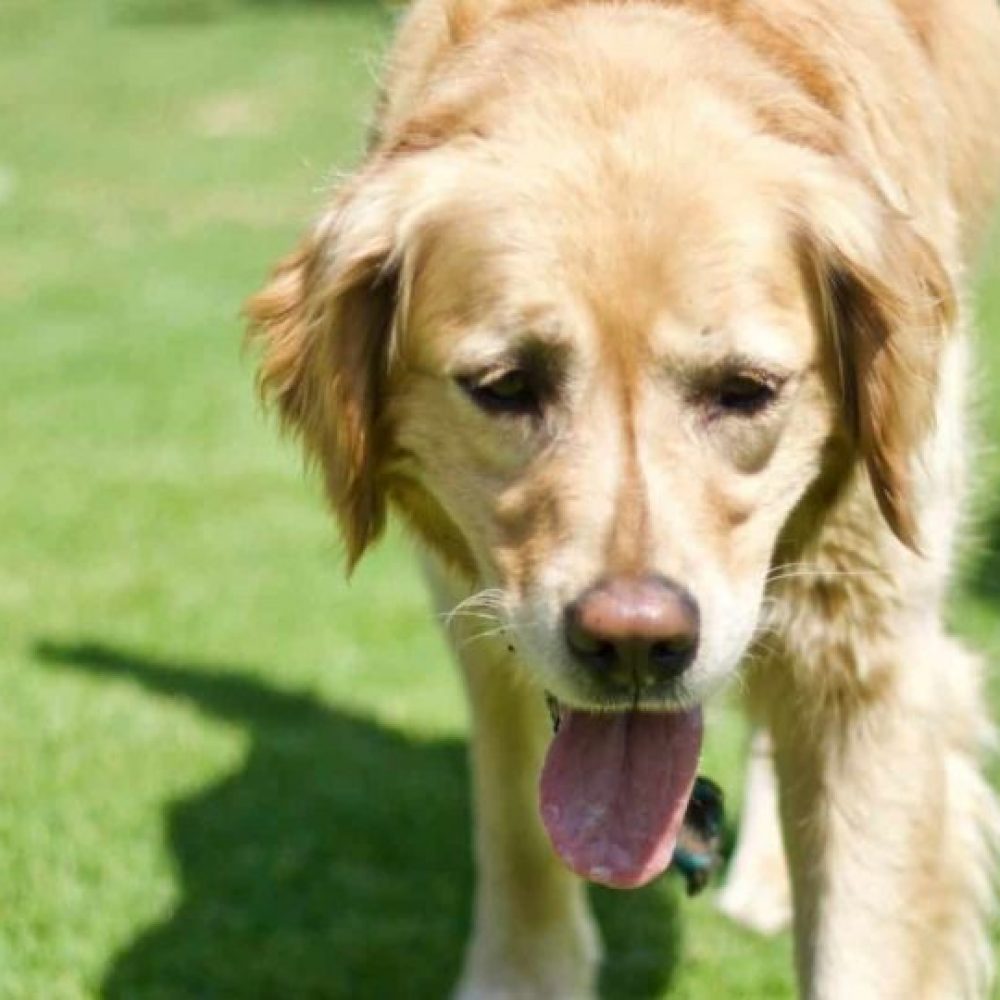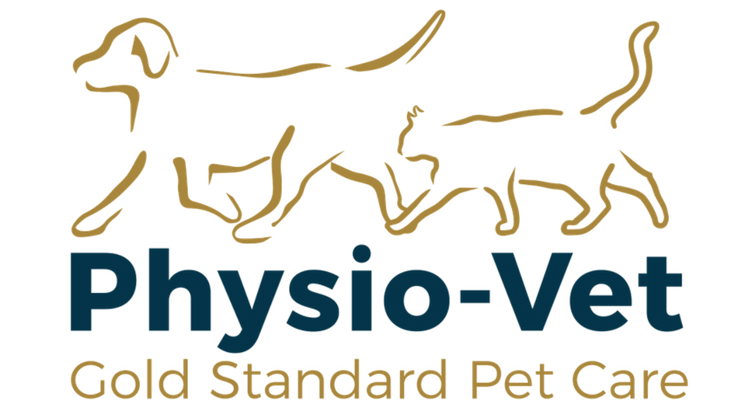Hip Dysplasia in Dogs: Questions Answered
 Here, Physio-Vet specialists answer the questions:
Here, Physio-Vet specialists answer the questions:
- What are the signs of hip dysplasia in dogs?
- What causes hip dysplasia in dogs?
- Can hip dysplasia in dogs correct itself?
- What breeds are most at-risk for hip dysplasia?
- What are the best treatment options?
- How long can a dog live with hip dysplasia?
- How can I help my dog at home?
Hip dysplasia in dogs is quite common. Many dogs develop the condition in just one hip, but most affected animals experience it in both.
Many dogs that develop these joint problems show signs of discomfort. Diagnosing hip dysplasia can be done with diagnostic imaging such as x-rays.
At Physio-Vet, we work hard to ensure our patients can enjoy a superb quality of life. We also want to help pet owners fully understand their pet’s condition. Here, we’ll answer your questions about hip dysplasia.
What are the signs of hip dysplasia in dogs?
The most common signs of hip dysplasia in dogs include the appearance of “lameness” – that is, an inability to put their full weight on an affected limb. Your dog may also walk stiffly after a walk or have a swaggering gait.
Other symptoms include a lack of enthusiasm for exercise and reduced movement or a tendency to turn the affected limb outwards more than the others.
Any clinical signs may become apparent from as early as 5 months of age, so it’s best to seek treatment as early as you suspect anything to involve greater damage in the long term.
What causes hip dysplasia in dogs?
While environmental factors such as obesity – especially from a young age – poor nutrition or a lack of exercise can certainly contribute to the risk of elbow or hip dysplasia, it is more commonly developed as a result of genetics.
Luckily, specialists who breed dogs use a Kennel Club approved system – known as a dysplasia scheme – that helps them to make breeding decisions to reduce the risk of hip and elbow joint problems.
Dogs are tested and x-rayed, then given hip and elbow “scores” which inform their Estimated Breeding Values (EBVs). If a dog has a lower than average likelihood of passing on hip dysplasia to its pups, it will receive a score less than zero.
Dogs with higher scores are more likely to have puppies with affected hip.
Can hip dysplasia in dogs correct itself?
While proper treatment can significantly reduce the impact of dysplasia on a dog’s elbows, hips and general wellbeing, it is a lifelong condition and will only become worse if it is not attended to in a timely manner.
What breeds are most at-risk for hip dysplasia?
Any dog can develop hip dysplasia, as it is not breed specific. However, it is most common among medium to large breed dogs such as Golden Retrievers, Labradors and German Shepherds.
What are the best treatment options for hip dysplasia?
Pets with canine hip dysplasia respond mostly to pain relief and physiotherapy. Some may require surgery if the condition is severe or fails to respond to conservative management.
How long can a dog live with hip dysplasia?
Hip dysplasia should not shorten your dog’s life at all. As long as it receives treatment and is well taken care of at home, any dog with the condition should go on to lead a full and active life.
Problems only occur if the dog eats too much or discomfort prevents them from exercising enough to keep their weight down. Weight gain can make the effects of hip dysplasia worse, which will in turn further reduce their ability to exercise, climb stairs and could cause heart problems.
Proper pain relief will prevent this from happening and will allow your dog to be as active as ever.
How can I help my dog at home?
Alongside veterinary treatment, there is a great deal you can do to help reduce the effects of canine hip dysplasia.
Make sure your dog eats healthy, nutritious food and don’t overfeed it. Heavier dogs suffer the effects of hip dysplasia more.
Regular, gentle exercise will keep the joint healthy and assist in keeping your pet’s weight down. Try not to let things get too energetic, as this can be damaging, and allow your dog plenty of rest after they’ve been out and about.
If you wish to read more about this condition, take a look at our hip dysplasia page here.
If you are concerned that your dog may have hip dysplasia, we understand that you may be very worried. Luckily, there’s a great deal the team at Physio-Vet can do to help you and your pet.
Contact us today, and we’ll be happy to get everything started by arranging an appointment.
-
Previous
-
Next



